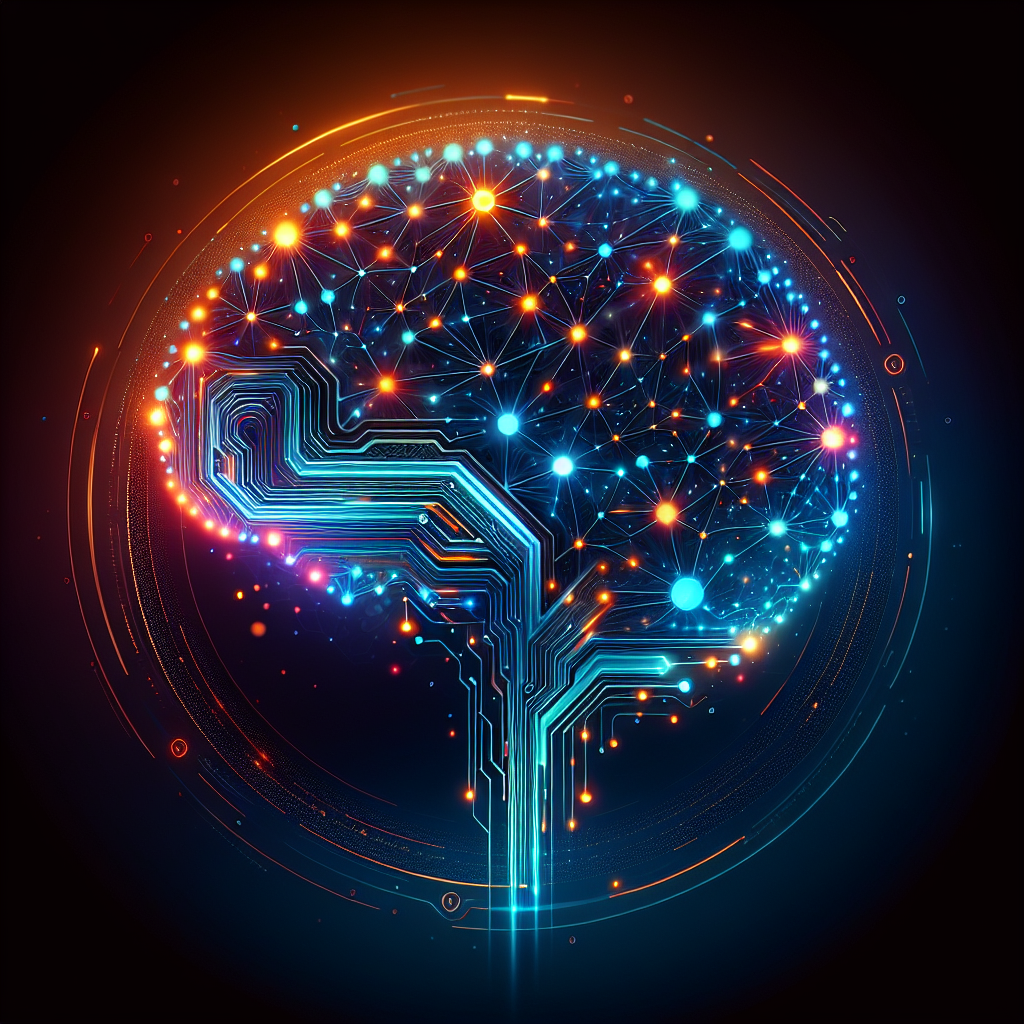Artificial intelligence (AI) has come a long way in recent years, with deep neural networks at the forefront of this technological revolution. These complex systems, inspired by the structure of the human brain, have shown great potential in solving a wide range of complex problems and are poised to have a significant impact on various industries in the future.
Deep neural networks are a type of machine learning algorithm that are capable of learning from large amounts of data and making decisions based on that information. They are composed of multiple layers of interconnected nodes, or artificial neurons, that work together to process and analyze data. By adjusting the weights of these connections through a process known as training, deep neural networks can improve their performance over time and make increasingly accurate predictions.
One of the key advantages of deep neural networks is their ability to handle unstructured data, such as images, videos, and text, which traditional algorithms struggle to process effectively. This makes them well-suited for tasks like image recognition, natural language processing, and speech recognition, where they have already demonstrated impressive results.
In the healthcare industry, deep neural networks are being used to analyze medical images and diagnose diseases with a high degree of accuracy. They are also being employed in drug discovery and personalized medicine, helping to identify new treatments and tailor therapies to individual patients.
In finance, deep neural networks are being used to predict market trends and make investment decisions, as well as to detect fraudulent transactions and reduce risk. In manufacturing, they are being used to optimize production processes, improve quality control, and predict equipment failures before they occur.
Despite their potential benefits, deep neural networks also raise ethical and social concerns, particularly around issues such as privacy, bias, and job displacement. As these systems become more widespread and integrated into everyday life, it will be important to ensure that they are used responsibly and ethically.
Looking ahead, the future of AI and deep neural networks holds great promise. As researchers continue to push the boundaries of what is possible with these technologies, we can expect to see even greater advancements in areas such as autonomous vehicles, robotics, and personalized healthcare. With the right approach, deep neural networks have the potential to revolutionize industries, improve our quality of life, and shape the future in ways we have yet to imagine.
#Future #Deep #Neural #Networks #Potential #Impact,dnn


Leave a Reply